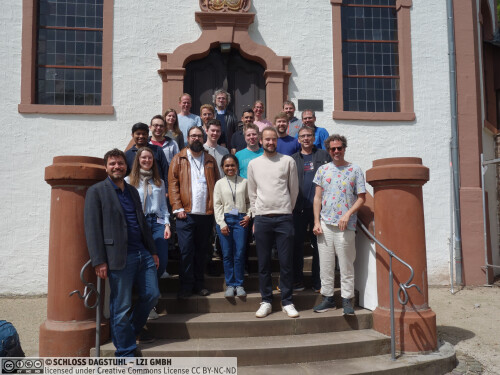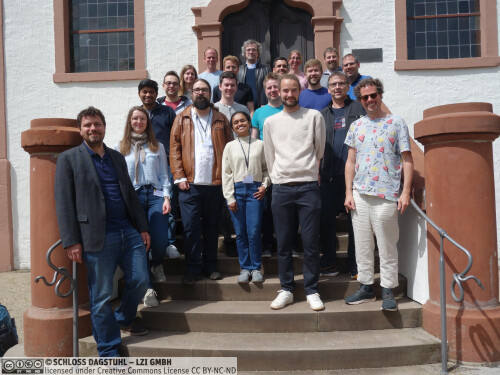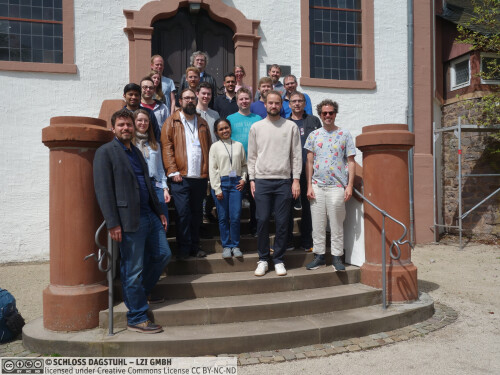Forschungstreffen 23183
Kick-off meeting DFG FOR 5359
( 04. May – 05. May, 2023 )
Permalink
Organisator
- Marius Kloft (RPTU - Kaiserslautern, DE)
Kontakt
- Heike Clemens (für administrative Fragen)
Gemeinsame Dokumente
- Dagstuhl Materials Page (Use personal credentials as created in DOOR to log in)
This research unit aims to establish deep-learning methods in chemical process engineering. The central hypothesis of our research is that deep learning opens up previously unexplored avenues in areas critical to chemical process engineering, such as anomaly detection, state prediction, decision making, and autonomous processes. So far, the development of such methods has been hampered because data from chemical plants is generally sparse and, to make matters worse, unavailable in the open literature. This research unit will therefore conduct dedicated experiments (on both continuous and discontinuous chemical processes) to generate the required large datasets. As those experiments are time-consuming and costly, data augmentation is essential, which we will accomplish through a combination of learning-based and knowledge-based methods, including process simulation. The new algorithms and data will be made publicly available, along with the knowledge created by the research unit.
During its first funding period, the research unit will focus on the application of deep learning to detect anomalies in chemical processes, a field where anomaly detection is of paramount importance, e.g., for hazard mitigation and environmental protection. Besides detection, we also consider the exploration and explanation of anomalies, as well as the verification of detectors. The novel methods for deep anomaly detection on time series developed by the research unit will be not only useful in chemical engineering but also in many other fields. The research unit builds on a unique structure that has recently been established at TU Kaiserslautern by the appointment of a tandem of junior professors, one in computer science and one in chemical engineering, a collaboration that we want to establish on a long-term basis.
 Marius Kloft
Marius Kloft




 Creative Commons BY 4.0
Creative Commons BY 4.0
